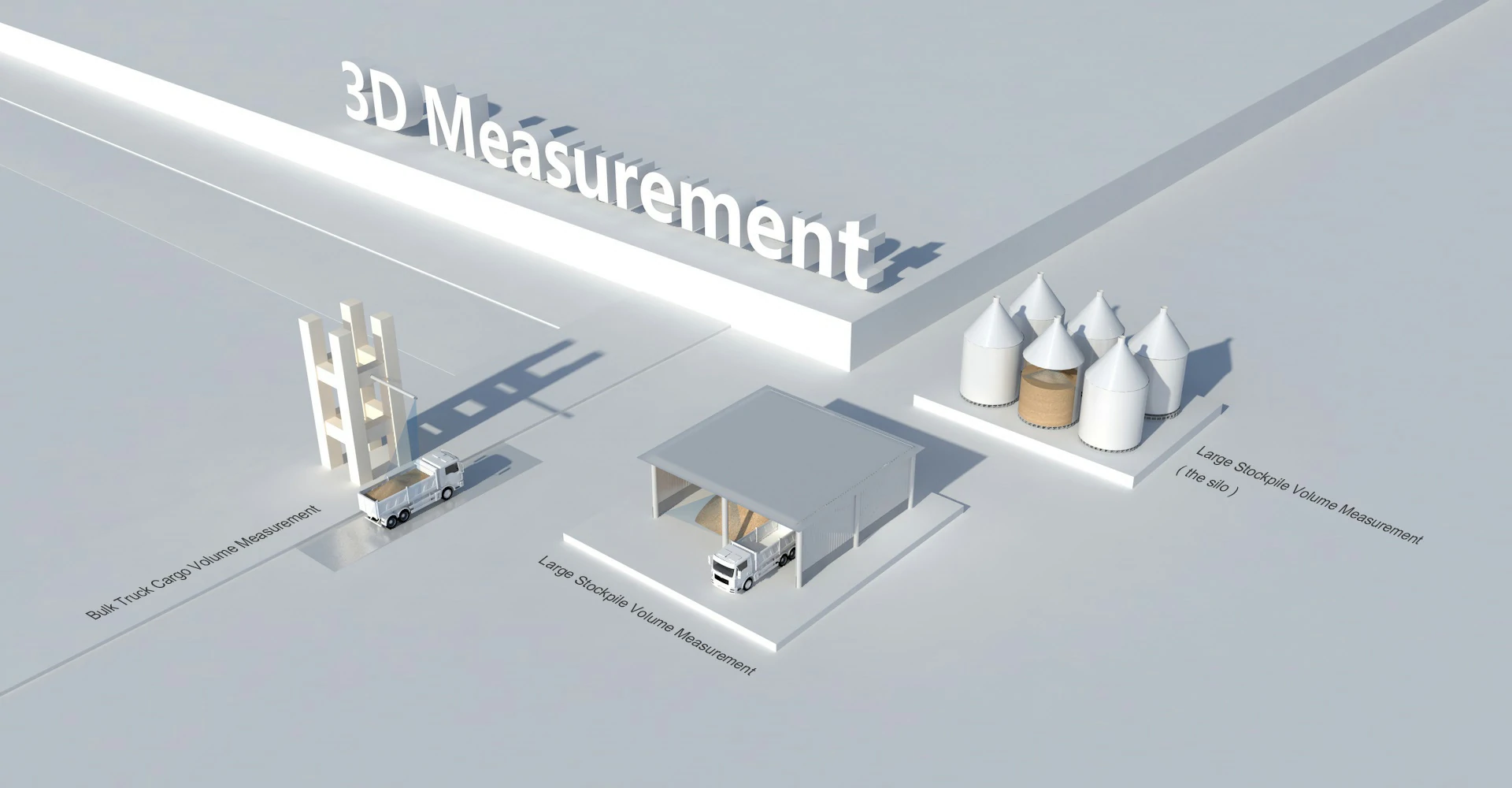
What is LIDAR 3D SCANNER
LIDAR, which stands for Light Detection and Ranging, is a technology that uses laser beams to measure distances and create detailed 3D maps of the surrounding environment. A LIDAR 3D scanner is a device that utilizes this technology to capture precise measurements of objects and surfaces in three dimensions. By emitting laser pulses and measuring the time it takes for them to bounce back, LIDAR scanners can generate highly accurate point cloud data that can be used for various applications such as autonomous vehicles, urban planning, forestry management, and archaeological surveys. In summary, a LIDAR 3D scanner is a powerful tool for capturing detailed spatial information with high precision and efficiency.
The Main Technology in LIDAR 3D SCANNER
LIDAR, which stands for Light Detection and Ranging, is the main technology used in 3D scanners. This technology works by emitting laser pulses towards an object or surface and measuring the time it takes for the light to bounce back. By analyzing the reflected light, LIDAR scanners can create detailed 3D models of the scanned environment with high accuracy and precision. This technology is widely used in various industries such as autonomous vehicles, archaeology, forestry, and urban planning, due to its ability to capture detailed spatial information quickly and efficiently. In summary, LIDAR technology in 3D scanners plays a crucial role in capturing precise and detailed 3D representations of objects and environments.


Applications of LIDAR 3D SCANNER
LIDAR 3D scanners have a wide range of applications across various industries. In the field of autonomous vehicles, LIDAR technology is crucial for creating detailed 3D maps of the surrounding environment to enable safe navigation. In urban planning and construction, LIDAR scanners are used to create accurate topographical maps and monitor changes in landscapes over time. Archaeologists utilize LIDAR technology to uncover hidden archaeological sites and map ancient ruins with precision. Additionally, LIDAR scanners are employed in forestry management, flood risk assessment, and even in the entertainment industry for creating realistic virtual environments. Overall, the applications of LIDAR 3D scanners are diverse and continue to expand as the technology advances. Brief answer: LIDAR 3D scanners are utilized in autonomous vehicles, urban planning, archaeology, forestry management, flood risk assessment, and entertainment industry for creating detailed 3D maps and environments.
Benefits of LIDAR 3D SCANNER
Lidar 3D scanners offer numerous benefits in various industries, including improved accuracy and precision in data collection, faster scanning speeds, and the ability to capture detailed 3D images of objects and environments. These scanners are also capable of generating high-resolution point clouds that can be used for a wide range of applications, such as creating digital models for construction projects, mapping terrain for urban planning, and conducting archaeological surveys. Overall, lidar 3D scanners provide a cost-effective and efficient solution for capturing detailed spatial data with unparalleled accuracy and detail.

LiDAR in Construction Monitoring
Neuvition's Titan series LiDAR sensors offer high-precision 3D scanning capabilities
ideal for construction site monitoring. The Titan M1 series, with its long-range and
high-resolution features, can capture detailed site data for accurate progress tracking
and volumetric measurements.
Neuvition LiDAR Products Overview

Titan S2
Specialized for specific industrial uses.
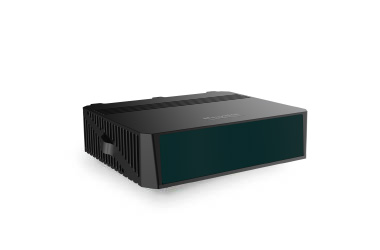
NeuX1
Next-generation LiDAR technology with enhanced capabilities.
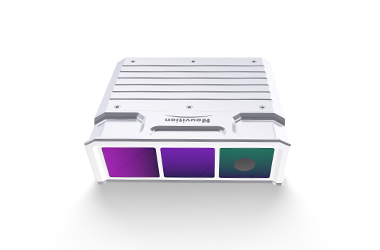
Titan M1 Series
Long-range, high-resolution LiDAR sensors for various applications.

Titan W1
Designed for wide-angle scanning in challenging environments.
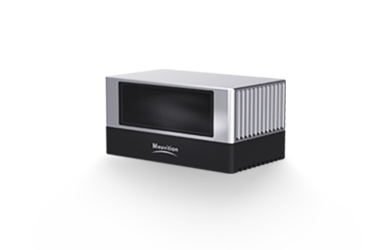
Titan P1
Compact and versatile for mobile and robotics applications.
Neuvition LiDAR Products Overview
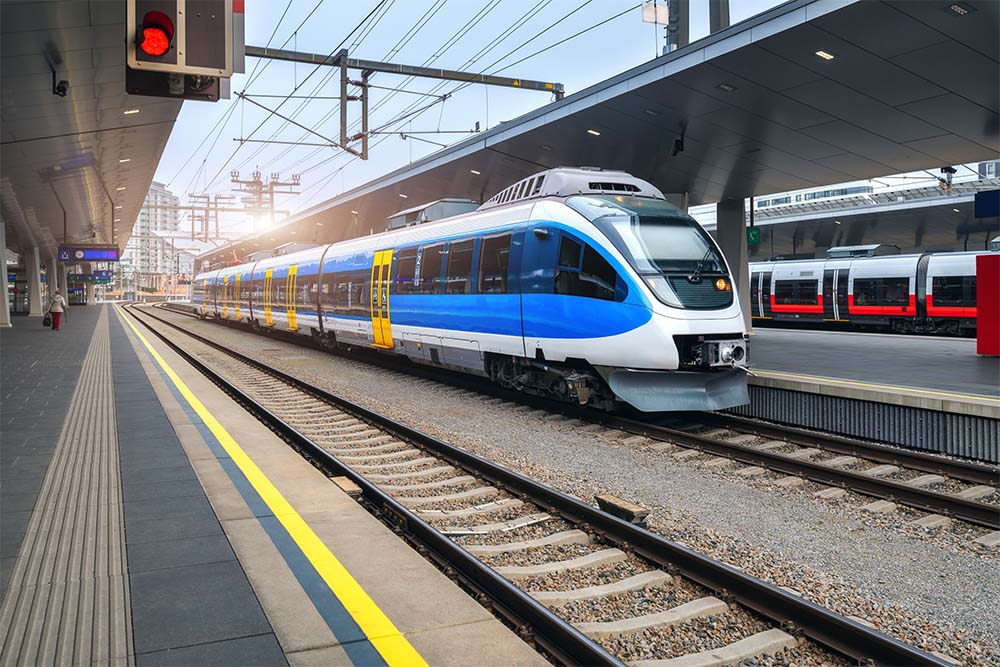
Railway Collision Avoidance
Enhancing safety in rail transportation.
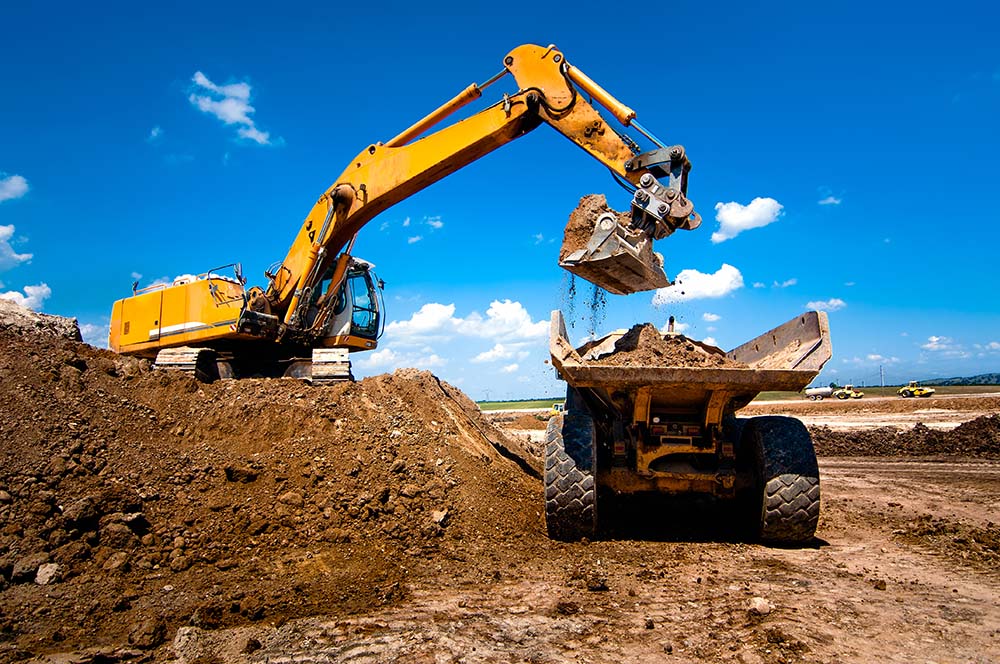
Volume Measurement
Accurate 3D volume calculations for industries like mining and construction.
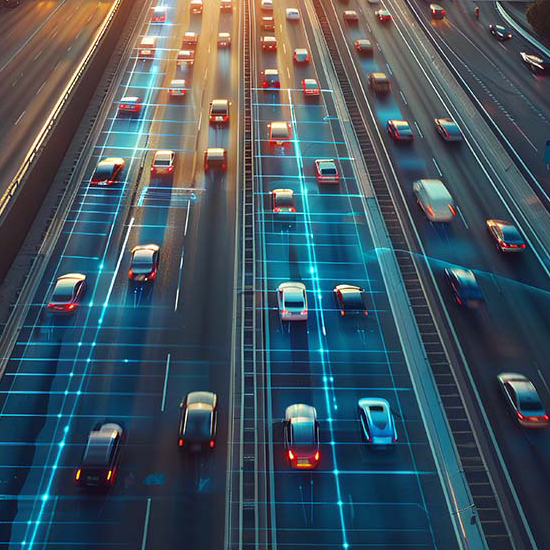
Smart Highway
Improving road safety and traffic management.
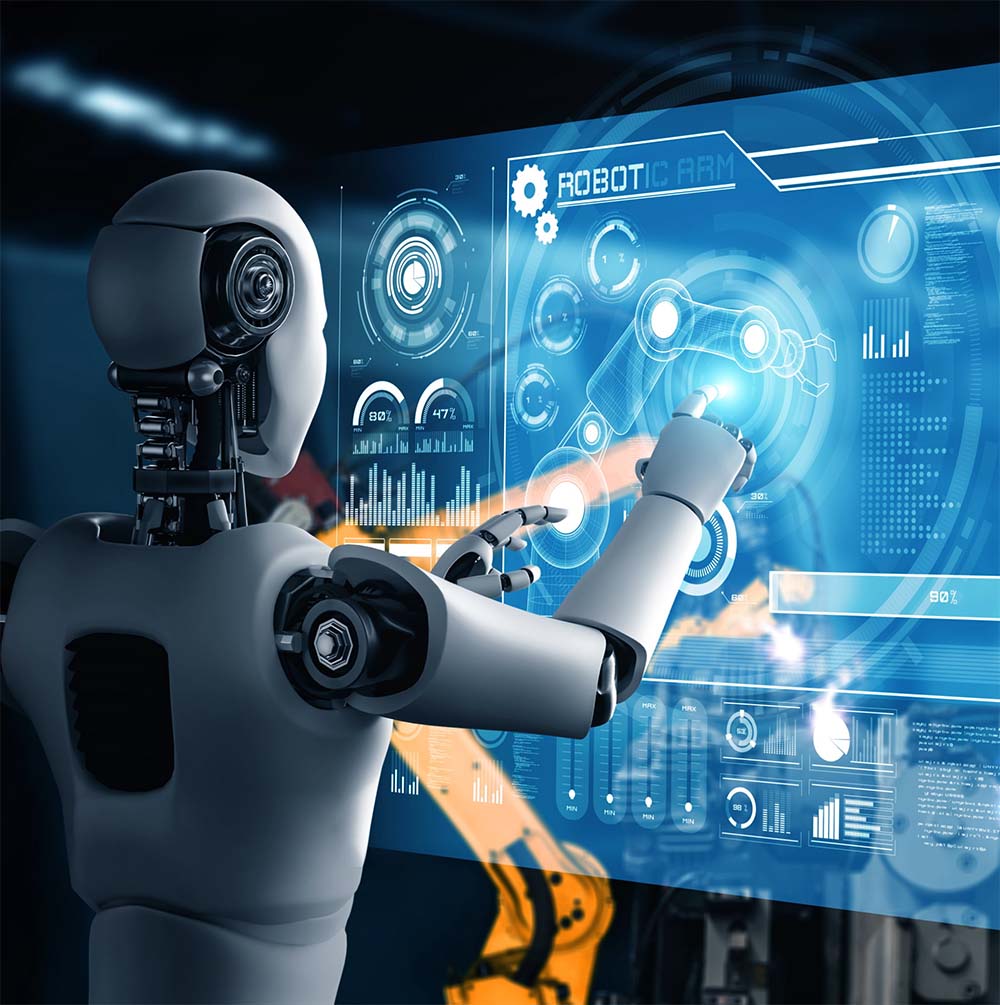
Robotics
Enabling precise navigation and object detection for autonomous robots.
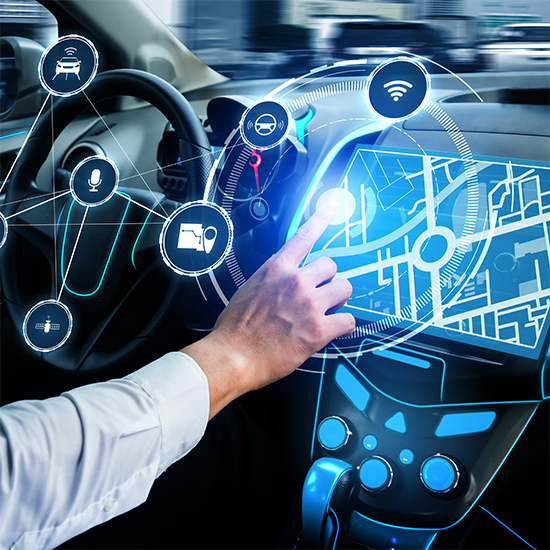
Autonomous Driving
Advanced sensing for self-driving vehicles.
Application Areas of LiDAR
Benefits of Using LiDAR

High accuracy and
precision in 3D mapping

Real-time data
collection and processing

Ability to penetrate vegetation
and capture ground topography

Efficient large-scale
surveying and mapping

Enhanced safety in
autonomous systems

Improved decision-making
with detailed spatial information
Software Solutions for LiDAR
Neuvition provides software solutions to complement its hardware, including point cloud processing and analysis
tools, real-time visualization software, a data integration platform for enterprise applications, and customized
algorithms tailored to specific industry needs.

Success Stories
MetroInnovate Urban Solutions improved traffic flow by 15% after implementing Neuvition's Smart Highway system. Emily Parker, the Director of Smart City Development, played a key role in deploying this system to enhance urban traffic management and reduce congestion.
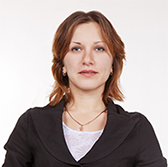
BuildMaster Construction reduced project timelines by 20% using Neuvition's LiDAR-based site monitoring solution. Michael Thompson, the COO, led the adoption of this technology, focusing on improving efficiency and project management.

DeepCore Mining increased excavation efficiency by 25% with Neuvition's volume measurement solution. Robert Lin, the Head of Operations, was instrumental in integrating this technology to optimize resource extraction and operational productivity.

FAQ












Contact Us
If you have any questions or suggestions, please leave a message, we will get in touch with you within 24 hours!
